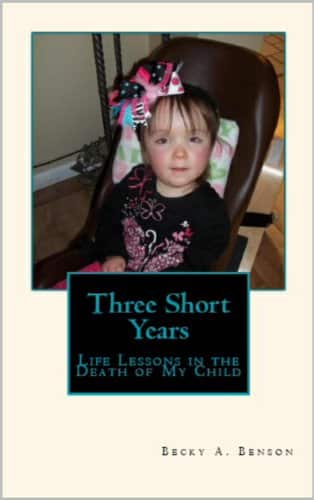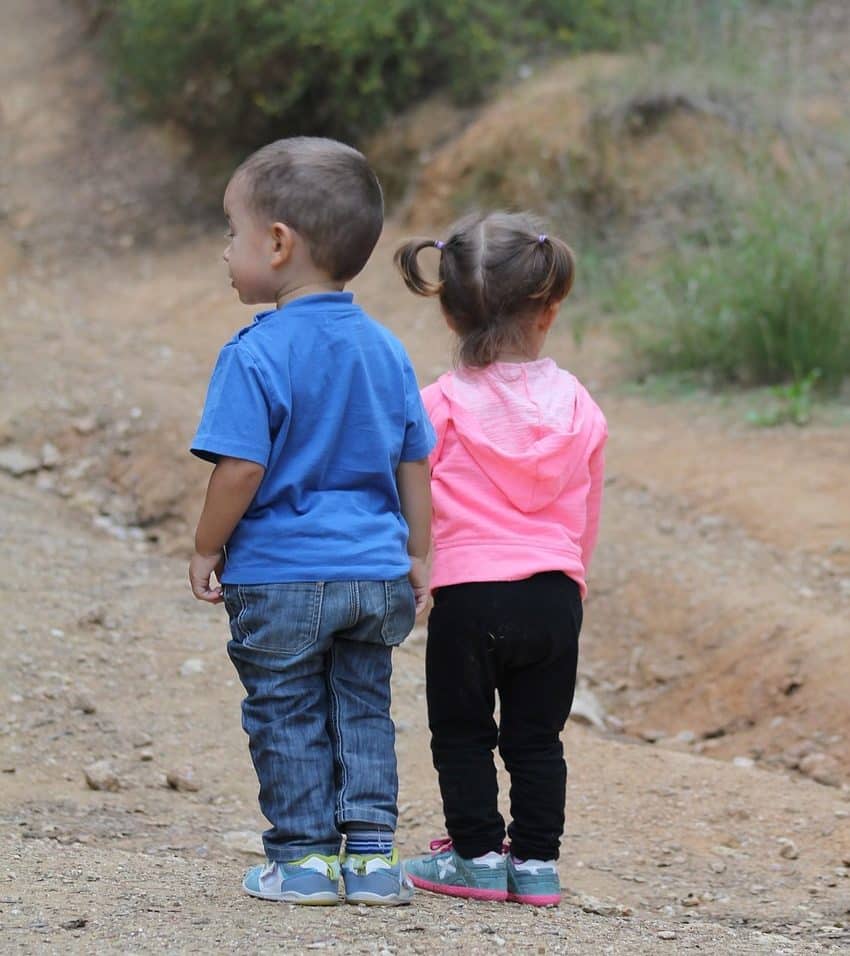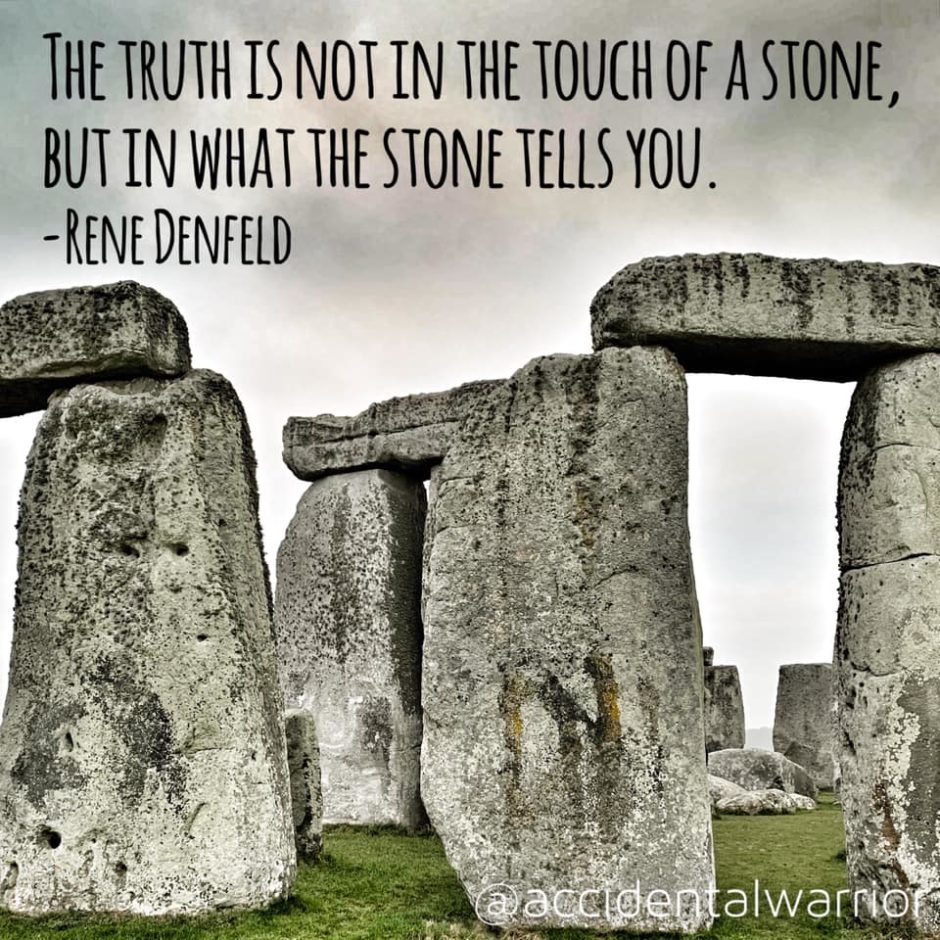By Lennlee Keep
We needed to start doing the things that separate days from one another. I knew my son Dashiell and I should probably start eating again. We only pretended to sleep. We acted like we knew what day of the week it was. It had been 10 days since my ex-husband Josh had been found dead in his apartment in Austin, Texas. It had hit us like a bomb that had not stopped exploding.
Dash and I flew from our new home in Berkeley to Austin to deal with the business of his father’s death. Dash said goodbye by contributing to his dad’s eulogy and letting a balloon go at the memorial. I let Josh go by packing his clothes and photographs and books, throwing away bottles, and solving the 1,000 problems he had left behind. In the process I tore myself to pieces like I was destroying evidence.
When it was all finished Dash and I returned to our new life in California. It was a daily struggle to mask the fact that I was raw and collapsing. But I had to function and carve a routine out of a loose collection of hours and dust.
I had to register my son for the new middle school he was starting the next morning.
***
I walked into the school office. A paper sign with the word REGISTRATION was taped next to an open door. A tall, thin, woman sat typing at her desk. I assumed she was in charge. She looked bored and regal. The entire room was lit only by a lamp on her desk. I felt like I was hiring a gumshoe to do some dirty work instead of getting my 6th
grader into the right math class. She didn’t acknowledge my presence, so I walked in and stood in front of her.
“Hi, I need to register my son for school.” I was trying to come across as friendly and competent but my voice sounded forced and tight. That, combined with my exhausted but smiling face just made me look crazy.
“I need your letter,” she said while staring intently at her screen. Her fingers flew across the keyboard.
“I don’t have a letter. Wait, um, I don’t think I do.” I nervously flipped through the pages in my hands. I had papers. Would papers work? I didn’t remember getting any letter. But I didn’t remember a lot of things.
She looked up me for the first time. “I need the letter we sent you about your school assignment.” She said this like she had said it to a hundred other stupid, irritating, letterless parents before me.
“I am sorry,” I said, “but I have no idea where the letter is. My son’s father died unexpectedly ten days ago and we just got back from his funeral. We moved here two weeks ago. Everything is a mess. Can you help me?”
“The letter was sent two weeks ago,” she said. She really punched that two weeks as if to drive home that this was something that could have been dealt with long before tragedy struck. Dead dad or no, I should have my letter. She rolled her eyes and pushed a copy of someone else’s letter across her desk to me.
I studied the letter and then said in a voice that sounded less feeble, “I will go look for it right now. I think I can find it.”
What I wanted to say was, I haven’t slept more than nine hours in five days.
***
I went home and looked everywhere. In the mess of our move tax returns were buried under towels and yo-yo’s, garbage cans stood empty next to boxes that overflowed with trash, but I found the letter. Small wins like this made me feel like the tide was turning, like this straw could still be spun into gold. It was a trick that I kept falling for.
I went back to the office and handed over the letter. I felt accomplished because I had done this one, right thing for my son. All of his other needs seemed immense and impossible but I could do this. He was twelve, he was starting a new school two days after his fathers memorial. He was anxiety and tears in skinny jeans and a sweatshirt. I could barely save myself and I had no idea how to handle him or help. I couldn’t reach him and I couldn’t honestly say I was trying. A good mother would be holding and reassuring her broken child, spending every waking moment trying to heal this deep wound. I hid in my room and stared at walls. Registering him for school proved I was still his mother. I had found the letter and he would have a school and that was proof that I could do something.
The admin took the letter from my hand and continued punishing her keyboard.
Shaking her head she said, “Nope. He’s been dropped from our rolls. You were supposed to register him last week.” She seemed disgusted by me. I was disgusted by me. “You need to go to the district and get your new assignment.”
This school and its proximity to the house and to the only kid Dash knew in the Bay Area was what I had built our entire move upon. Without this school every single thing would unravel.
My eyes welled with tears that didn’t roll down my cheeks. Sometimes crying feels good. This felt stupid and not grown up. I sucked them back into my eyes where they stayed and burned.
“Look,” I said, “I know your job is hard and it’s the first day of school and you are swamped, but is there anything you can do?”
What I wanted to say was, It’s really hard for me to deal with people right now. I spend a lot of time standing in the shower, talking to the tiles, practicing how to have interactions like this one so I don’t freak people out or start crying. How am I doing?
But instead I pleaded with her and again told her my story. My son’s father had died. I would have been here to register Dash for school, but his dad had died. And he was dead. I tried to pour words all over the problem to make her understand.
“I can’t help you,” she said. “You need to go to downtown to the district office and get a pink piece of paper.”
What I wanted to say was, It took him years to die overnight. He was an alcoholic. Drank himself to death at 47. I mean we don’t know for sure if it was alcohol poisoning, we won’t know that until we get the toxicology back. Toxicology! I know, right? I have a homicide detective assigned to me and everything. Her name is Denise and she came to his memorial. Isn’t that nice? I had to call the Medical Examiner and their hold music is awful. I don’t know how to live the next hour let alone the rest of my life ha ha ha ha.
I wanted to tell her all of it, just bleed it out all over her stupid tappy keyboard.
I wanted to say, Last night, instead of sleeping, I spent two hours screaming into different pillows and recording the sound on my phone. I was trying to find the one that muffled my sobs the best. Bed pillows were just too fluffy. A red felt accent pillow from the couch was the one that absorbed the most sound. I had to do this because my son asked me if I could please stop crying because it made him “uncomfortable.”
But I couldn’t say that. Because normal people don’t say things like that or do things like that. We don’t gut ourselves in front of strangers to show them what we had for lunch. We don’t do it because it’s shocking and gross but also because no one really cares what we had for lunch anyway.
All those words stayed trapped in my head and I only squeaked out a small “please.”
She resumed her typing. “I can’t help you. You need to go to the district and get a pink piece of paper.”
I wanted to say, I don’t think I want to die, but I am not sure I want to live either. How do I figure out if I want to live or die? Is there a Buzzfeed quiz or something because I can say with zero emotion that from here it looks like a toss up.
Instead I said, “Is there nothing else you can do for me?”
She turned her attention back to her screen and said, “Not without the pink piece of paper.”
I got into my filthy car to go downtown. It barely had any gas and my phone was almost dead. But driving to the school district office felt normal and that was rare. I thought if I did normal things that life would fall back into place. I would walk into a store and buy something and think, OK, this is a thing I did before what I am doing now. Look! I went to the grocery store and bought blueberries and detergent. Because I do things like this and this is what everything used to feel like.
And I would get home and discover that I had bought dishwasher pods instead of the laundry pods I needed and I would drop my head against the counter and sob and collapse under the notion that this will never stop. That these failures will be permanent and excruciating. From here on out I will get it all wrong and until the grave, I will have sparkling dishes and filthy socks.
***
As I drove to the district office I kept thinking that if Josh’s death had lost us the school the domino effect on my life was endless. I hadn’t registered Dash because I wasn’t here because Josh died. His drinking had laid waste to countless evenings, holidays, and birthdays, and our marriage. His dead hands reached out and threw cheap white wine into my face and all over my plan and our new life. Death by definition should stop you in your tracks. Josh was SUPPOSED TO NOT BE DEAD. He wasn’t supposed to be lying in a metal drawer waiting for the coroner to release his body. He was supposed to have gotten sober.
His death had ripped the tourniquet off the fury I had held back for years. Every word I could never shout at him bled from me in rivers. In my head, I beat him with words of rage, pummeled him to a pulp with my hate. But every once and a while the light of a sweet memory swept the darkness away. I remembered every flower he ever bought me. I repeated the Dorothy Parker poem that I had recited on the corner of Chattanooga and Church Street in San Francisco on the night that we met. I replayed the scene over and over. He kneels down on the ground and kisses my hand and says, “That’s for knowing who Dorothy Parker is.” I wanted to tell him I am sorry that I got mad and stayed that way. And I wanted to scream and scream because it was us and it was our story and important and how could it just not matter now?
***
In the district building several parents waited in the hallway for a change of school, word of a new teacher or a last minute immunization record. I was told to go in the office and get a number. The woman behind the counter looked up. “What do you need?”
I said, “My son’s father died unexpectedly, so we missed registration at our assigned school last week. I need to get back into that school.” I thought throwing “unexpectedly” in there would make her understand that this wasn’t cancer or a heart attack. There was no final, sweet handholding, morphine-dripping, hospital-jello-eating goodbye. This was a hunting knife splitting a sheet. It was an upending.
She stared at me blankly.
“I guess I need a number?” I said. As she walked across the room to the pile of numbers on her desk, I thought: ‘Take a number, any number!’
How about 0.0? That’s what he blew on the Breathalyzer in my kitchen before he was allowed to take Dash to dinner. It was the last time I saw him alive.
How about 12? Dashiell’s age when I sat him down on a Saturday morning to tell him his dad had died.
Or take 13, the number of years we were married.
Or 20, the number of years we were together.
“Here,” she said as she pushed a card across the counter. “Number 21.”
21! Our shared birthdate. Him April 21st; me November 21st. 21 was our lucky number.
***
A young woman walked through the fifteen seated parents checking numbers, following up with their issues. “You need this form. I need your ID.”
Finally, she called, “Number 21?”
I raised my hand.
“What do you need?”
What did I need? I needed for this to matter to someone other than me and if I had to burn the world to gain some camaraderie in my misery, so be it. My friendly voice was gone, replaced by a serious tone, that was loud enough for everyone to hear.
“Yes. You can help me. My 12-year old son’s father died last week and we missed registration because we were burying him. I was told we were dropped from the school we were assigned to, but that if I want to get in, I need a pink piece of paper. Can you give me the pink paper? I need to get my son back into the school we were assigned to. I need to talk to someone who can give me the pink paper.”
The other parents in the hallway turned to look. I officially had the worst problem in the room, and unless they were willing to produce a corpse themselves, I was the victor.
The woman said, “I am so sorry. I’ll be right back.”
I said, “Thank you” and fidgeted with the useless papers in my hands.
What I wanted to say, to the other parents who were so uncomfortable looking at me, was, If you think that makes you squirm, you have no idea the tidal wave I am holding back. I’m not very good at impressions, but Josh’s father made the strangest animal noise when I called him in London to tell him his son had died. Parents aren’t supposed to ever hear things like that and I am definitely not the person to say them. I want to show you a map of the stars I stare at every night while I scream into the red pillow. I am the woman who cries on BART every day. Can you please give me recipes for food that won’t turn into sand in my mouth? I have forgotten a lot of things, but I will always remember what it felt like scrubbing my ex’s dried brown blood out of the stone white sink in his apartment. I demand an apology and I am deeply sorry. He can never forgive me, but can my son? Can you? If you can’t grant me me absolution, then just give me a fucking break.
Instead I stared at my hands. Almost as if on cue, everyone turned away and resumed their conversations.
I felt bad about telling people what happened to him and to us, almost embarrassed. Like it’s attention seeking. “Look at me and my sadness! Feel for me!”
She returned with the pink paper, and said, “I am so sorry he passed. Please accept my condolences.”
I think “passed” is a weird euphemism for death. As if death swings by and picks you up in some quiet luxury sedan and ferries you away from this world. Driving away, you pass your life and your family. You pass. But death isn’t a smooth ride and a leather interior. Death is a stick shift with a bad transmission. Death has teeth and purpose and every intention of sticking as close to you as it can for as long as it can. Death picks up its passenger, but it also takes everyone who loved that person and ties them tightly to the bumper, like cans on a newlyweds car. Sure they will eventually fall off, but brother, it’s gonna take a lot of miles.
Josh’s death had separated him from us, but not us from him, and now that we were back in California I realized that this feeling was not going anywhere. Registering Dash for 6th grade, opening the mail, talking to people he knew. It was all part of the same. They were all part of this thing. His death would keep stirring up the past and I had every confidence it was set to devour the future. Because death stays. Death rides the clutch.
Lennlee Keep is a nonfiction writer, filmmaker, storyteller and mother of a teenager. Her writing has appeared in The Rumpus, The Southeast Review, ESME and The Fix. Her films have been shown on PBS, A&E and the BBC. The ex-wife of a dead guy, she talks about grief and dying more than most people are comfortable with. She is much funnier than all of the above might lead you to believe. This piece was originally published in the Southeast Review.
Upcoming events with Jen
****
THE ALEKSANDER SCHOLARSHIP FUND












